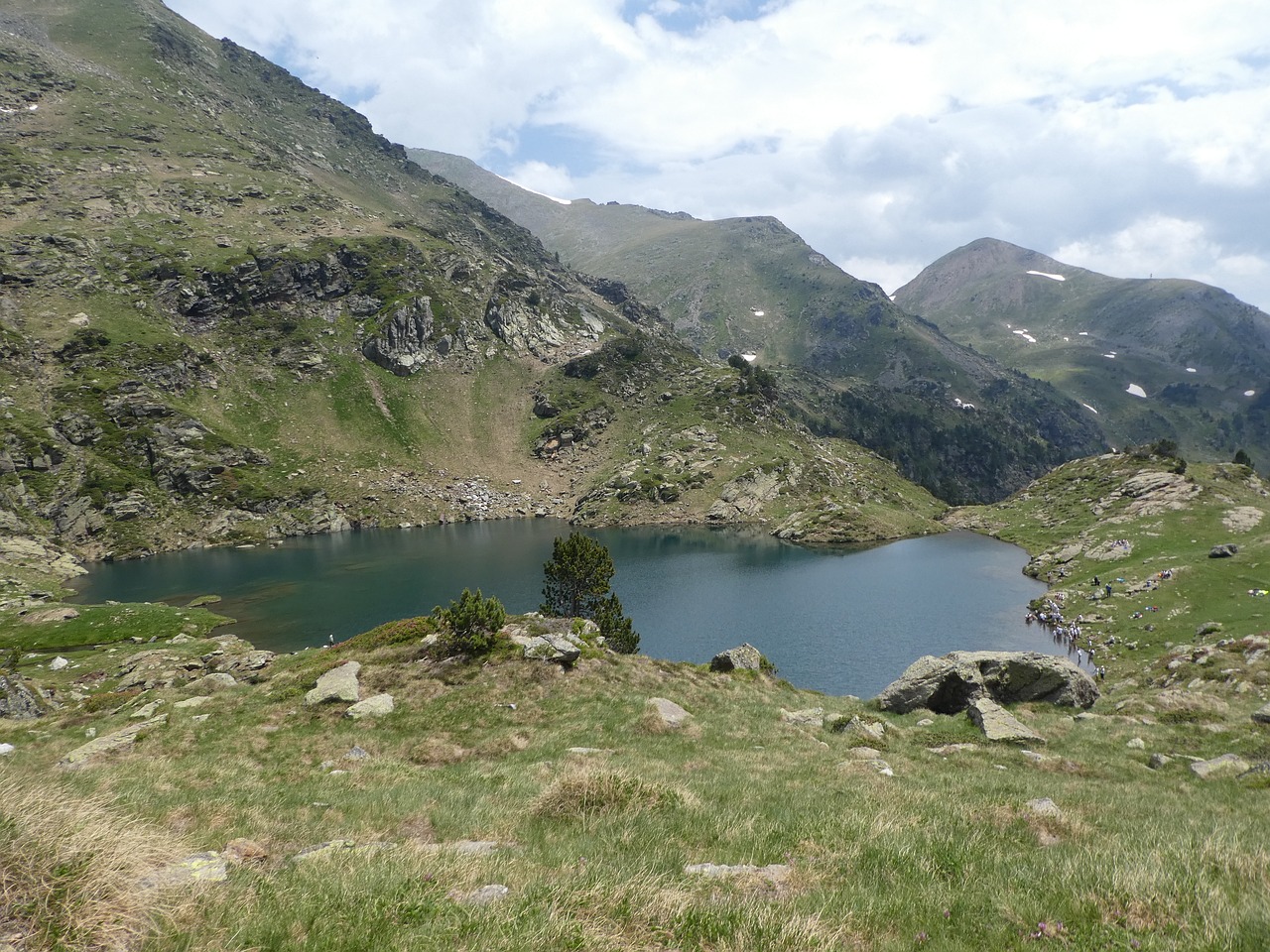Andorra Video
Navigating Local Taxes and Business Regulations in Andorra
Andorra, a small principality located in the Pyrenees mountains between France and Spain, offers a favorable environment for businesses with its low tax rates and simplified regulations. However, understanding the local tax system and business regulations is crucial for entrepreneurs looking to establish or expand their businesses in Andorra. This article aims to provide a comprehensive guide on navigating local taxes and business regulations in Andorra.
Business Registration and Legal Structures
Before delving into the tax obligations and regulations, it is essential to understand the process of business registration and the available legal structures in Andorra.
- Sole Proprietorship: A sole proprietorship is the simplest form of business structure in Andorra. As a sole proprietor, you have full control over your business but are personally liable for any debts or obligations.
- Partnership: A partnership allows two or more individuals to share the profits, losses, and responsibilities of a business. Partnerships can be general partnerships or limited partnerships, offering different levels of liability for each partner.
- Limited Liability Company (LLC): An LLC is a separate legal entity from its owners, providing limited liability protection. It requires at least one shareholder and one director. An LLC must be registered with the Andorran Trade Register.
- Joint Stock Company (SA): A joint stock company is a publicly traded company with share capital divided into shares. It requires a minimum share capital of €60,000 and must be registered with the Andorran Trade Register.
Corporate Taxes
Andorra’s corporate tax system is highly attractive for businesses, with a flat tax rate of 10% on net profits. However, certain conditions must be met to benefit from this advantageous tax rate.
- Active Trade or Business: To qualify for the 10% tax rate, a company must conduct an active trade or business in Andorra. Merely holding passive investments does not fulfill this requirement.
- Andorran Source Income: The 10% tax rate applies only to income derived from activities carried out within Andorra. Income sourced from outside Andorra may be subject to different tax rates or exemptions.
- Transfer Pricing: Andorra follows the arm’s length principle for transfer pricing, requiring companies to conduct transactions with related parties at fair market value.
- Tax Deductions and Incentives: Andorra offers various tax deductions and incentives to promote economic development, such as deductions for research and development expenses or investments in certain sectors.
Value Added Tax (VAT)
Andorra imposes a Value Added Tax (VAT) on the supply of goods and services. The standard VAT rate is 4.5%, while a reduced rate of 1% applies to certain essential goods and services.
- Registration: Businesses with an annual turnover exceeding €10,000 must register for VAT purposes.
- Reporting and Payment: VAT returns must be filed monthly or quarterly, depending on the business turnover. Payment of VAT liabilities is generally due within 30 days from the end of the reporting period.
- Input VAT Deductions: Businesses can deduct the VAT paid on their purchases and expenses from the VAT collected on their sales.
- Special VAT Regimes: Certain sectors, such as financial services or healthcare, may have specific VAT regimes or exemptions.
Personal Income Taxes
Individuals residing in Andorra are subject to personal income tax on their worldwide income. However, Andorra offers a highly favorable tax regime for individuals.
- Tax Rates: The personal income tax rates in Andorra range from 0% to 10%, depending on the income level. The highest tax rate of 10% applies to income exceeding €40,000.
- Tax Residency: Individuals are considered tax residents if they spend more than 183 days in Andorra during a calendar year or have their main economic interests in the country.
- Tax Deductions and Allowances: Andorra provides various deductions and allowances, such as deductions for mortgage interest, education expenses, and contributions to pension plans.
- Non-Resident Taxation: Non-residents are subject to personal income tax only on income derived from Andorran sources, such as rental income from Andorran properties.
Employment and Social Security Contributions
Employers and employees in Andorra are required to make social security contributions to fund the country’s social security system.
- Employer Contributions: Employers must contribute a percentage of their employees’ salaries to the social security system. The contribution rates vary depending on the employee’s age and salary level.
- Employee Contributions: Employees also contribute a percentage of their salaries to the social security system. The contribution rates are progressive, with higher rates for higher income levels.
- Benefits: Social security contributions provide employees with various benefits, including healthcare coverage, maternity/paternity leave, disability benefits, and retirement pensions.
Andorra Image 1:

Local Business Regulations
In addition to tax obligations, businesses in Andorra must comply with various local regulations and requirements.
- Trade Register: All businesses must be registered with the Andorran Trade Register, providing information about their legal structure, ownership, and activities.
- Employment Regulations: Businesses must adhere to labor laws and regulations, including fair employment practices, minimum wage requirements, and working hour restrictions.
- Permits and Licenses: Certain business activities may require specific permits or licenses from relevant authorities, such as operating a restaurant or providing financial services.
- Data Protection: Businesses must comply with data protection laws and ensure the security and confidentiality of personal and sensitive information.
Andorra Image 2:

Intellectual Property Rights
Andorra provides legal protection for intellectual property rights, including trademarks, patents, and copyrights.
- Trademarks: Businesses can register their trademarks with the Andorran Trademarks and Patents Office to obtain exclusive rights to use their marks in commerce.
- Patents: Inventions can be protected through patent registration, granting the inventor exclusive rights to their invention for a certain period.
- Copyrights: Original literary, artistic, and scientific works are automatically protected by copyright in Andorra. However, registration provides additional evidence of ownership.
Andorra Image 3:

Conclusion
Navigating local taxes and business regulations in Andorra is vital for entrepreneurs and businesses seeking to establish a presence in this tax-friendly jurisdiction. By understanding the various legal structures, tax obligations, and local regulations, businesses can take full advantage of Andorra’s business-friendly environment and reap the benefits of low taxes and simplified regulations.
References
- Andorra Trade Register: tradeandorra.ad
- Andorra Tax Agency: tributs.ad
- Andorra Social Security: cassen.ad
- Andorran Trademarks and Patents Office: ompra.ad


